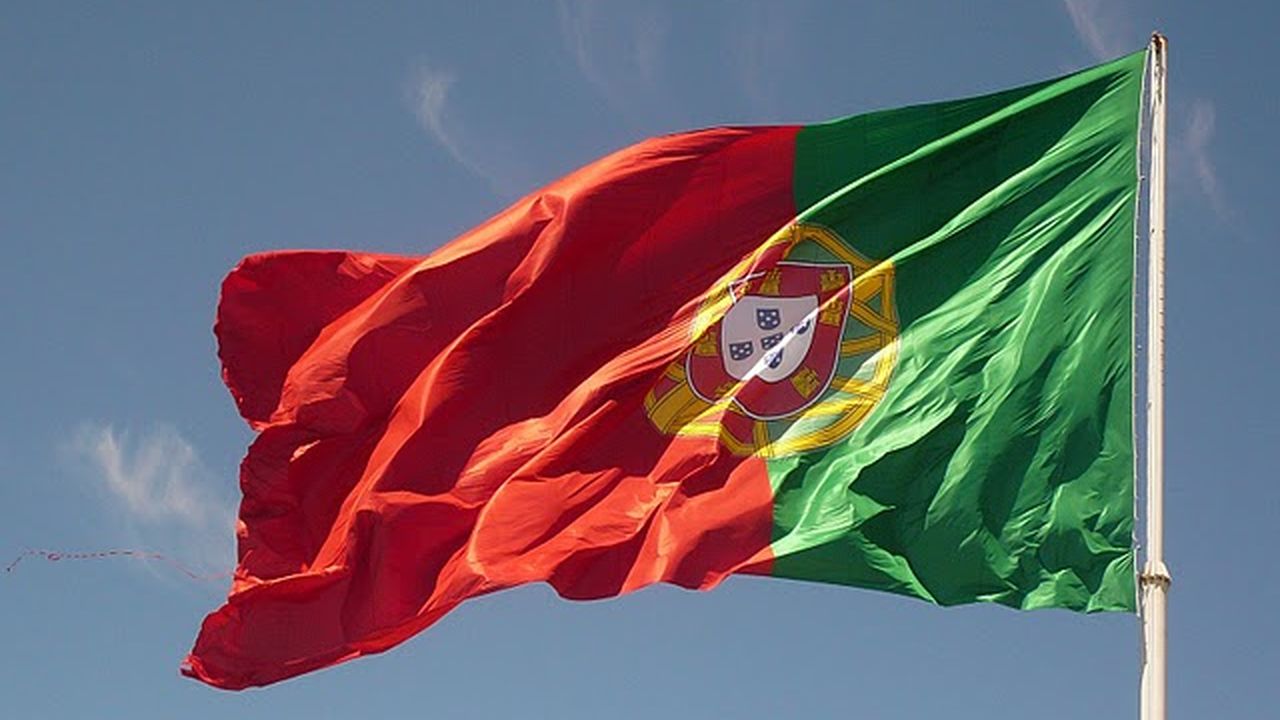
By Francesco Canepa and Palaz Curani
CINTRA, Portugal, June 30 (Reuters) – The European Central Bank (ECB) will buy bonds issued by Italy, Spain, Portugal and Greece using the yields on the maturities of German, French and Dutch debt it holds in the portfolio, to limit this. Yield differences widening between countries, we learned from several sources.
From Friday, the European Central Bank should engage in the practice of rebalancing “spreads” in order to prevent the eurozone’s financial fragmentation as it prepares to raise key interest rates. It plans to submit the terms of a new system developed for this purpose on July 21.
Accordingly, the Central Bank divided the 19 eurozone countries into three groups, “donors,” “recipients,” and “neutrals,” according to their size and the speed of their spread in recent weeks. , said several people Reuters spoke to at the European Central Bank’s annual forum in Sintra, Portugal in recent days.
Spreads were measured against German yields, which act as the de facto benchmark for the entire currency bloc.
“Recipient” countries are to benefit from capital reinvestment from “donor” country bonds purchased in recent years under the Pandemic Emergency Purchase Program (PEPP), launched in March 2020; The sources said that addresses from “neutral” countries will serve as a cushion.
The composition of the three groups of countries, which will be revised each month, reflects the division between the “core” countries of the eurozone and the so-called “peripheral” countries that emerged in the early 2000s, during the eurozone debt crisis.
The conditions for the new tool have yet to be set
The sources said that the beneficiaries therefore include countries that investors consider more risky due to the weight of their public debt or the weakness of their economy, namely Italy, Greece, Spain and Portugal. The list was initially longer, they added, and has been shortened by the Board of Governors.
The donor group includes half a dozen eurozone “heart” countries, including Germany, France and the Netherlands, these sources said.
A spokesman for the European Central Bank declined to comment on the matter.
If July and August maturities matter, the ECB knows in advance that a single reinvestment of this liquidity will not be enough to calm the tensions in the markets. This is the reason for accelerating the work being done on the development of a new instrument that will allow it to make new purchases if necessary to support a particular country, under certain conditions.
These conditions could be set by the European Commission based on its own budget rules or economic recommendations, or by the European Central Bank itself by assessing the country’s debt sustainability, as was the case for Greece. A few years ago, sources told Reuters.
The first option may shield the ECB from blame but make it more dependent on a political institution; The second, on the contrary, would strengthen the power of central bank governors but would expose them to accusations of meddling in the economic and budgetary policy of member states.
At the same time, the central bank could withdraw liquidity from the eurozone banking system to offset the impact of its bond purchases on the markets, possibly by resorting to reverse repo transactions, during which banks can take advantage of subsidized interest rates when depositing cash with the central bank.
(Reporting by Francesco Canepa and Palaz Kourani, French copy by Marc Angrand, Editing by Kate Enteringer)






